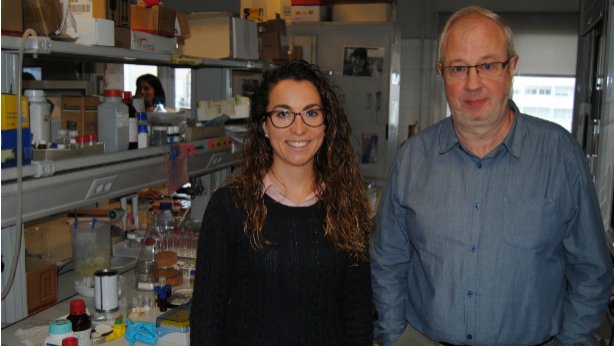
Researchers of the Universitat Politècnica de València (UPV), the Universitat Rovira i Virgili (URV) and CIBER of Bioengineering, Biomaterials and Nanomedicine (CIBER-BBN) have developed new nanodevices to detect the presence of cocaine in saliva or in any another aqueous solution. Part of the characterization of the probe was carried out using NMR facilities from NANBIOSIS. The paper is published in the journal Scientific Reports, of the group Nature.
The development consists of a molecular gate designed with nanoporous alumina, an aluminum oxide prepared by electrochemical means with pores of micrometric diameter. “A molecular gate -explains Ramón Martínez-Máñez, scientific director of Unit 26 of NANBIOSIS- is a mechanism in which its state (open or closed) can be controlled at will by external stimuli, in this case the presence of cocaine. The main novelty with respect to other detection systems is the use of porous alumina plates that are easy to use and reusable for other sensors”.
This new intelligent nanodispositive lays the groundwork for the use of porous alumina in the development of molecular gates for the detection of chemical and biological compounds with applications in fields such as health and the environment.








